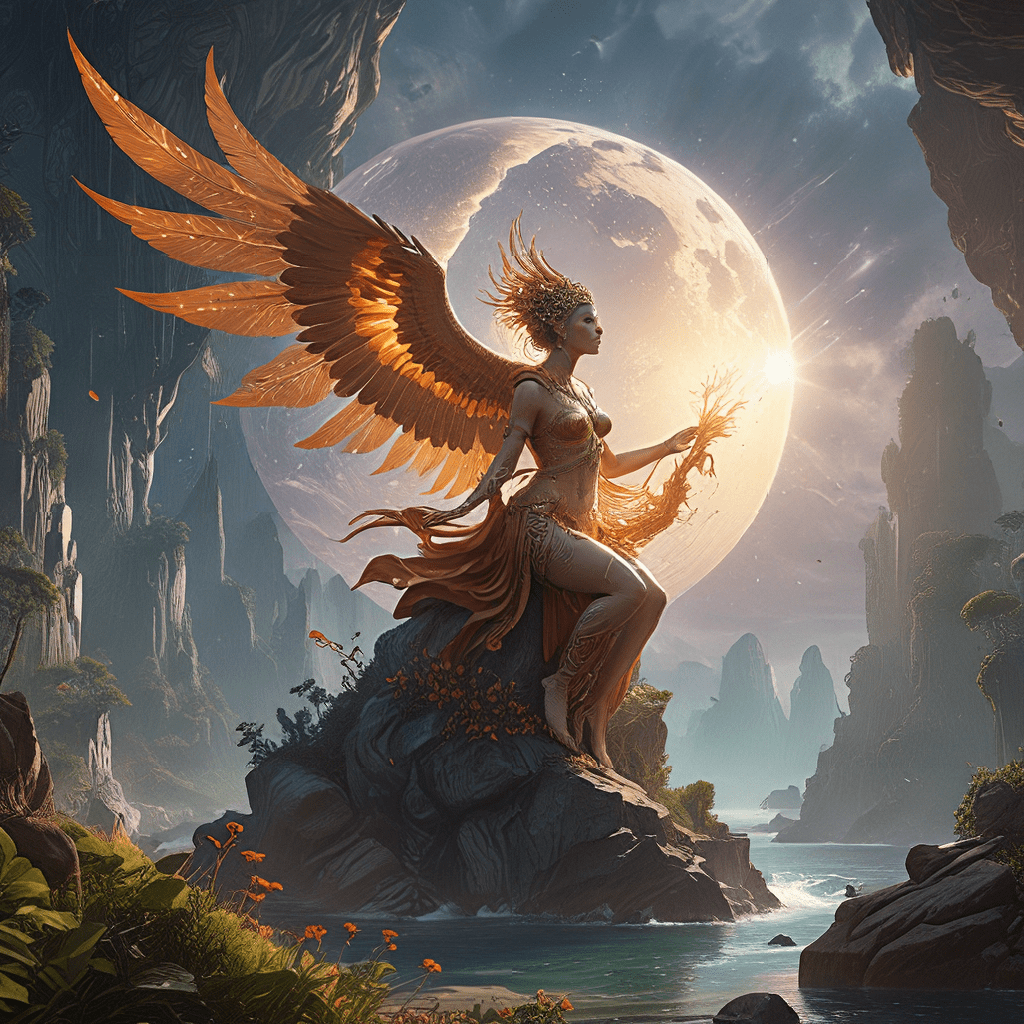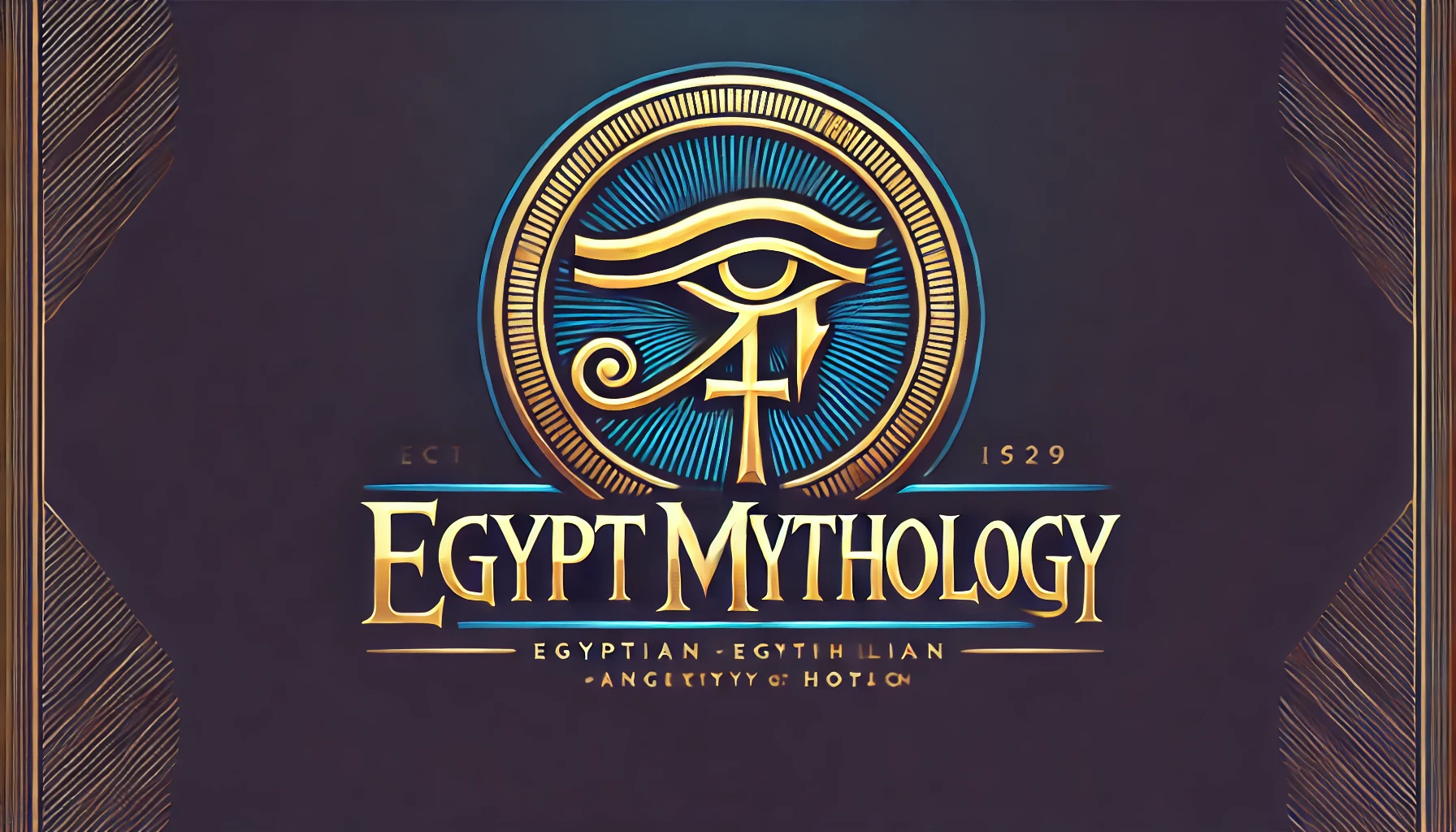1. Introduction: The Power of Words in Ancient Egypt
In the ancient Egyptian civilization, words held immense power. They believed speech and language were not just tools of communication but also divine forces capable of shaping reality. This belief formed the core of their creation myth, where the very act of speaking played a crucial role in bringing the universe into existence. This powerful concept of “The First Song” serves as a fascinating window into the Egyptian worldview, revealing their deep understanding of the interplay between language, creation, and cosmic order.
The Egyptians viewed language as a divine gift, a reflection of the gods’ own power. They believed that the gods used words to create the world and its inhabitants, much like a skilled craftsman uses tools to shape their creations. The concept of “The First Song” embodies this belief, symbolizing the divine utterance that initiated the grand cosmic symphony of creation.
2. The Role of Atum in the Egyptian Creation Myth
At the heart of the Egyptian creation myth stands Atum, the self-created god, who emerged from the primordial waters of Nun. Atum existed alone in the vast expanse of Nun, embodying the potential for all that was to come. He was a complete entity possessing both male and female aspects, representing the source of all creation and the origin of life itself.
The concept of “Nun” – the primordial waters – represents a state of formlessness and potential, a blank canvas awaiting the divine touch. Within this vast, empty expanse, Atum, the self-created god, emerged as the first being. His emergence from the chaotic waters signifies the transition from nothingness to existence, from chaos to order.
3. “The First Song” as Divine Decree
Atum’s creation of the cosmos was not a passive process but an active one, driven by his divine will and manifested through the power of his voice. According to the myth, Atum uttered a powerful “First Song” that acted as a catalyst for creation. This utterance, a divine decree, set in motion the processes that would give rise to the world and its inhabitants.
This “First Song” wasn’t a literal melody as we know it, but rather a symbolic representation of the divine word, the spoken command that brought order to chaos. It was a declaration of existence, a blueprint for the universe. Its significance lies not just in the sound of the words themselves but in their inherent power to shape and transform reality.
4. The Creation of the World and its Inhabitants
From “The First Song” emerged the sun god, Ra, representing the ultimate source of light and life. Ra, born from Atum, embodied the creative energy of the cosmos. His emergence further solidified the connection between speech and creation, signifying how language, in this case, a divine utterance, gave birth to the celestial forces governing the world.
Following Ra’s emergence, the world began to take shape. Land and sky, air, water, and the elements were created, forming the foundations of our physical reality. Atum continued to speak, giving rise to gods and goddesses, each embodying specific aspects of the natural world and human life. Eventually, Atum created the first humans, marking the beginning of life as we know it.
5. The “First Song” as a Source of Order and Harmony
In Egyptian cosmology, “Ma’at” – the principle of order, balance, and cosmic harmony – played a crucial role in maintaining the stability and well-being of the universe. “The First Song” is intricately linked to Ma’at, as it represented the fundamental act of establishing order from chaos. The very act of Atum speaking, of giving form and structure to the universe, established the foundation for Ma’at.
The connection between “The First Song” and Ma’at reflects the deep-seated Egyptian belief in the power of rhythm and harmony. Music and rhythmic patterns were considered essential elements of cosmic order. Just as musical notes combine to create a pleasing melody, the elements of the universe harmoniously interacted to create a balanced and functioning cosmos. “The First Song” symbolized this cosmic symphony, the divine melody that maintained the delicate balance of creation.
6. The Significance of “The First Song” in Egyptian Rituals and Beliefs
The concept of “The First Song” permeated Egyptian rituals and beliefs. It was a recurring theme in hymns and prayers, where the priests invoked the power of the divine word to bring about blessings and protection. They performed elaborate rituals involving music and dance, attempting to recreate the harmonious order established by “The First Song” and to invoke the favor of the gods.
The “First Song” also played a significant role in the Egyptian concept of the cyclical nature of life and death. Just as creation was initiated by a divine utterance, the Egyptians believed the cycle of life, death, and rebirth was governed by the same cosmic principles. Ritually invoking “The First Song” during funerary ceremonies symbolized a return to the primordial state, a journey back to the source of creation and a renewal of life in the afterlife.
7. The “First Song” as a Metaphor for Divine Inspiration
Beyond its literal interpretation, “The First Song” serves as a powerful metaphor for divine inspiration. Atum’s utterance represents the creative power of the divine mind, the source of all ideas and artistic expression. The Egyptians believed that artists, poets, and musicians were inspired by the gods, drawing upon the creative energy that fueled the cosmos.
This concept highlights the connection between divine inspiration and human creativity. The Egyptians recognized that artistic expression, like creation itself, was a reflection of the divine spark within us. “The First Song” served as a reminder that the creative potential within each individual is a gift from the divine, a reflection of the cosmic harmony that governs our existence.





